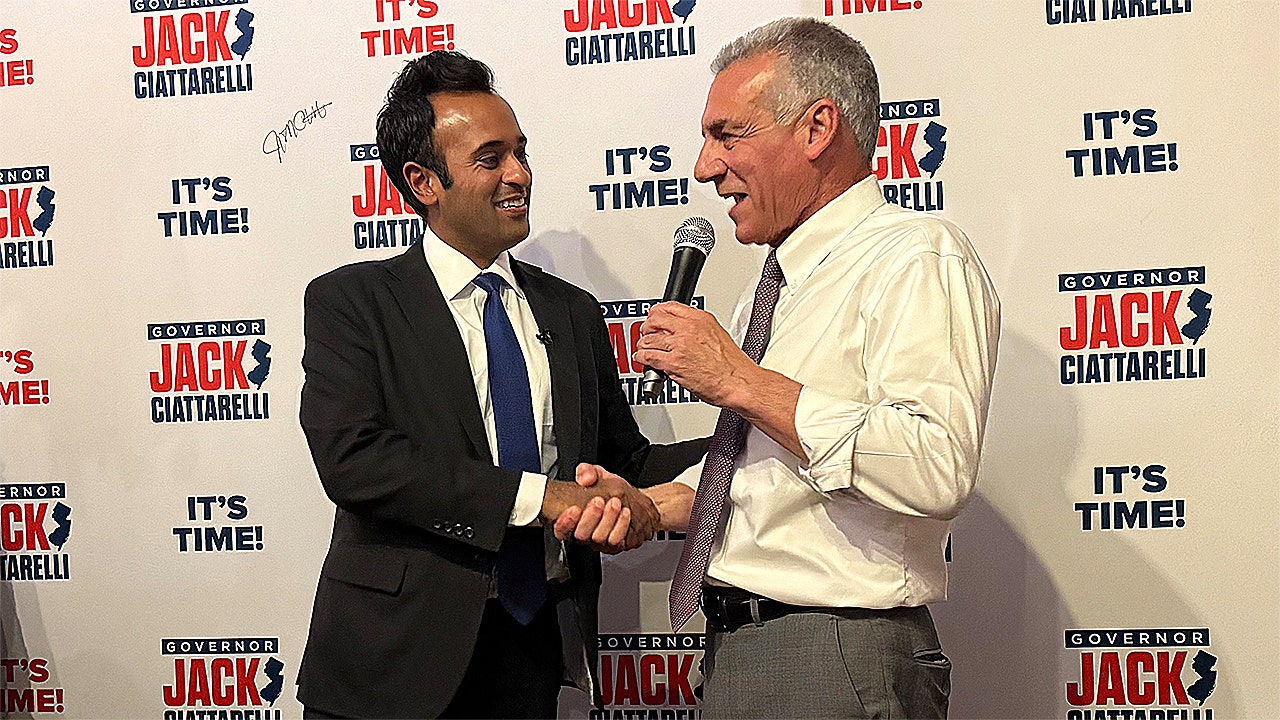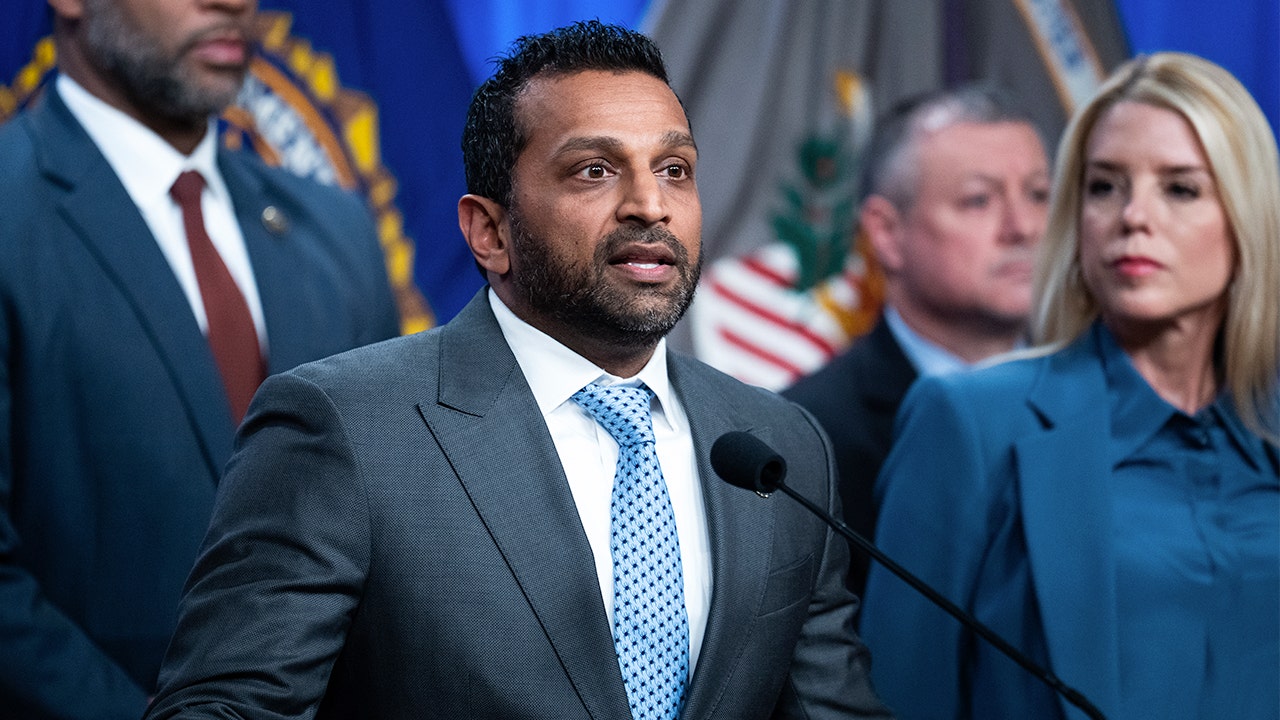In a high-stakes escalation of U.S. counter-narcotics operations, the Biden-era strategy has been decisively supplanted by a more muscular posture. President Trump announced that the U.S. military struck another small vessel off Venezuela’s coast, killing six individuals.
He asserted the action was authorized under his authority as Commander-in-Chief, and carried out on orders from the Secretary of War, who in modern terms is Defense Secretary Pete Hegseth.
“Under my Standing Authorities as Commander-in-Chief, this morning, the Secretary of War, ordered a lethal kinetic strike on a vessel affiliated with a Designated Terrorist Organization (DTO) conducting narcotrafficking,” he posted on Truth Social.
The President emphasized that intelligence confirmed the vessel was trafficking narcotics and tied to illicit narco-terrorist networks. This latest strike represents the fifth such lethal military operation in the region in recent weeks, bringing the administration’s tally to at least 27 people killed.
The administration has defended these strikes as needed to stem the flow of lethal drugs into America and to confront the cartels at the source.
From the administration’s perspective, the legal logic is straightforward. Earlier this year, President Trump designated criminal gangs such as Tren de Aragua as foreign terrorist organizations. As Secretary Hegseth put it, these groups are “headed to America to poison our people.”
The implication is that the strikes fall under broader authorities to use force against designated terrorist entities and to defend the American homeland.
This Could Be the Most Important Video Gun Owners Watch All Year
At the same time, critics on both sides have raised questions. Sen. Rand Paul, R-Ky., has repeatedly challenged the administration’s approach.
He has asked, “if all of the boats that were struck in the Caribbean had drug dealers on them, then what were their names” and “what was the evidence linking them to being part of a gang?”
Paul warned against a policy that simply blows up suspicious vessels without boarding them.
“We will board your boat. If they don’t halt and stop, there’s an escalation of use of force, but we don’t just blow ships up,” he told Bloomberg.
Democrats, for their part, claim the strikes breach U.S. and international law. Rep. Jim Himes, D-Conn., called the operations “illegal killings.” A war powers resolution that would force the White House to obtain congressional approval before conducting such strikes was recently introduced in the Senate — but it failed to pass.
And yet the administration is pressing ahead. Before Tuesday’s action, the last strike occurred on October 3, when four people died. That was announced by Secretary Hegseth, who said the boat had been transporting significant amounts of narcotics and was headed toward U.S. territory.
Earlier, President Trump had said a vessel was “loaded with enough drugs to kill 25 TO 50 THOUSAND PEOPLE” — casting the stakes in stark human terms.
To be clear: the administration has not publicly disclosed which U.S. naval or air assets were used, or what specific cargo or identities were involved.
That opacity departs sharply from earlier administrations’ more robust transparency about strike operations.
Still, the administration sees that as a necessary trade-off. With drug overdoses and cartel violence ravaging American communities, it believes the urgency demands decisive action.
Whether that urgency justifies bypassing the usual checks and balances is precisely the debate now playing out in Congress, courtrooms, and public opinion.
In sum, the recent strike off Venezuela underscores a bold shift in U.S. policy toward drug cartels: treating them not purely as law enforcement targets, but as military threats in a broader strategic battle.
Secretary Hegseth and President Trump argue that only force applied upstream can deter the flow of poison into American streets.
Critics say legal and ethical lines—and foundational principles of oversight—are being ignored. This new chapter in the war on drugs has opened, and the country may soon have to decide which course it favors.
WATCH BELOW:
The opinions expressed by contributors and/or content partners are their own and do not necessarily reflect the views of LifeZette. Contact us for guidelines on submitting your own commentary.
Read the full article here


![US Strikes Another Drug-Carrying Boat Off Coast of Venezuela in Bold Move That’s Shaking Up Drug War [WATCH] US Strikes Another Drug-Carrying Boat Off Coast of Venezuela in Bold Move That’s Shaking Up Drug War [WATCH]](https://www.commondef.com/wp-content/uploads/2025/10/2025.10.15-07.10-commondefense-68eff1a6ad13a.avif)






![Vivek Ramaswamy Calls Out Everyone That Doesn’t Have a Place in the Conservative Movement [WATCH] Vivek Ramaswamy Calls Out Everyone That Doesn’t Have a Place in the Conservative Movement [WATCH]](https://www.lifezette.com/wp-content/uploads/2025/12/2025.12.20-08.23-lifezette-694705dadfecc.jpg)

![Marco Rubio Calls Out NGO-USAID Fat Cats in Foreign Aid System [WATCH] Marco Rubio Calls Out NGO-USAID Fat Cats in Foreign Aid System [WATCH]](https://www.lifezette.com/wp-content/uploads/2025/12/2025.12.20-09.23-lifezette-69466b02781fe.jpg)
